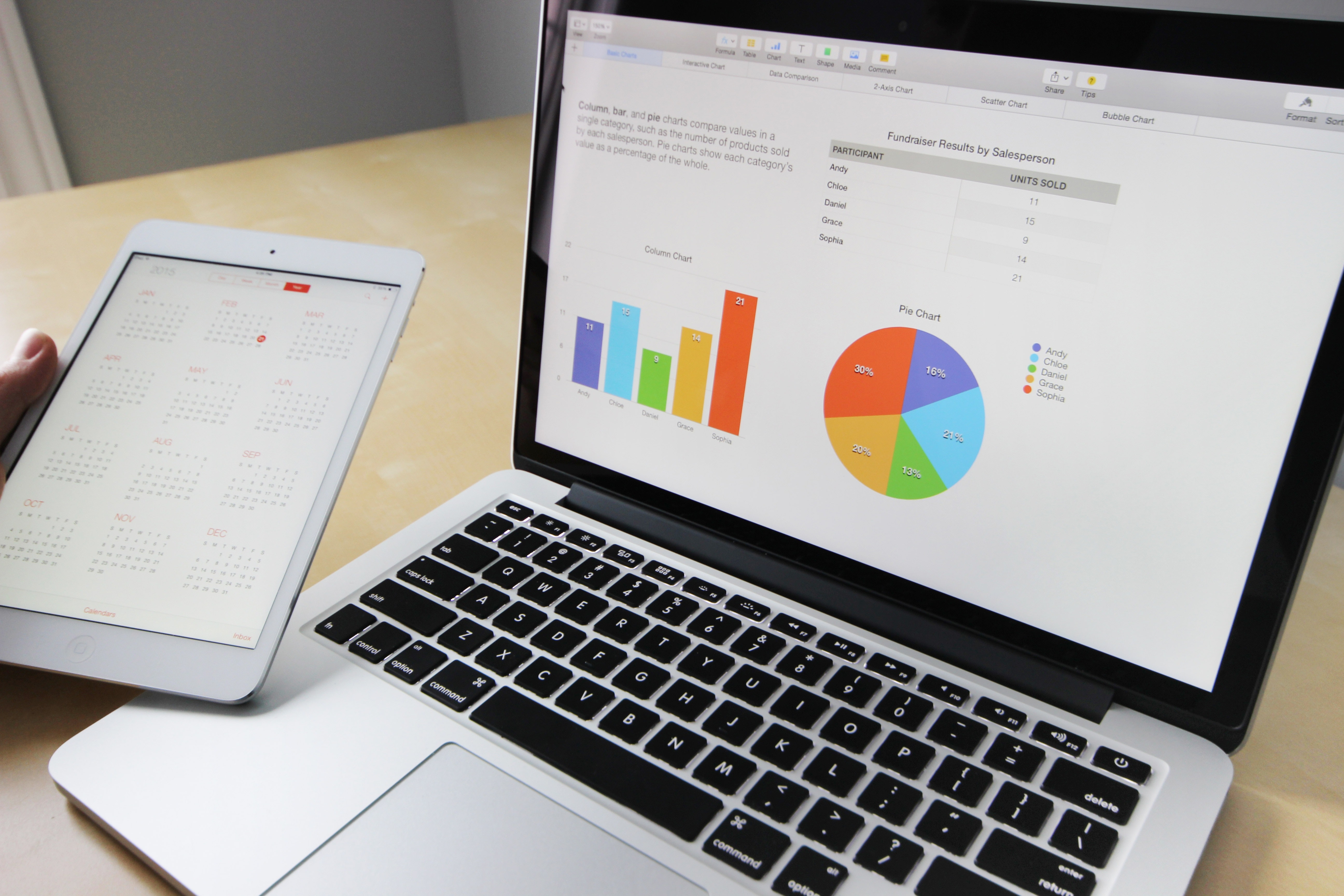Revolutionizing Finance and Accounting with Robotic Process Automation

In the fast-paced world of finance and accounting, staying ahead of the competition and optimizing processes is crucial for any company's success. Robotic Process Automation (RPA) has emerged as a game-changing technology, automating repetitive and rule-based tasks to streamline operations, reduce errors, and enhance overall efficiency. This blog explores the significance of RPA in the finance and accounting sector, highlighting its numerous benefits and the key processes that can benefit from its implementation.
Benefits of RPA in Finance and Accounting:
-
Enhanced Accuracy and Reduced Errors: RPA bots execute tasks with precision, significantly reducing the risk of human error in financial calculations, data entry, and reporting. This results in more reliable financial data and compliance adherence.
-
Increased Efficiency and Time Savings: By automating mundane and time-consuming tasks like invoice processing, account reconciliation, and payroll management, RPA allows finance teams to focus on higher-value activities, such as strategic planning and analysis, leading to increased productivity.
-
Cost Reduction: RPA eliminates the need for manual intervention in routine tasks, reducing labor costs and freeing up resources for more strategic roles.
-
Improved Compliance and Audit Trails: RPA creates detailed audit trails and ensures compliance with regulatory standards, providing a transparent record of all financial activities, transactions, and changes made within the system.
Processes Benefitting from RPA:
-
Accounts Payable and Receivable: RPA can automate the end-to-end processing of invoices, from data extraction and validation to payment processing and reconciliation. This eliminates delays, minimizes errors, and improves cash flow management.
-
Financial Reporting:RPA can gather data from various sources, consolidate it, and generate accurate financial reports in real-time. This enables timely decision-making and a deeper understanding of financial performance.
-
Bank Reconciliation:RPA bots can match transactions between bank accounts and financial systems, ensuring accuracy and reducing the time required for reconciliation.
-
Expense Management:RPA can streamline expense reporting and reimbursement processes, simplifying expense tracking and ensuring compliance with company policies.
-
General Ledger Maintenance:RPA can automatically update general ledger entries, ensuring accurate and up-to-date financial records without manual intervention.
Conclusion:
In conclusion, Robotic Process Automation has emerged as a game-changer in the finance and accounting sector, offering a myriad of benefits, such as improved accuracy, increased efficiency, cost reduction, and enhanced compliance. By automating repetitive tasks and optimizing critical processes, RPA empowers finance teams to focus on strategic initiatives, ultimately contributing to the company's overall growth and success. Embracing RPA technology can unlock a new era of efficiency and productivity for businesses, allowing them to stay competitive in an ever-evolving financial landscape.
Created on ![]() 08-03-2023
08-03-2023
Written By Yonathan Perez
